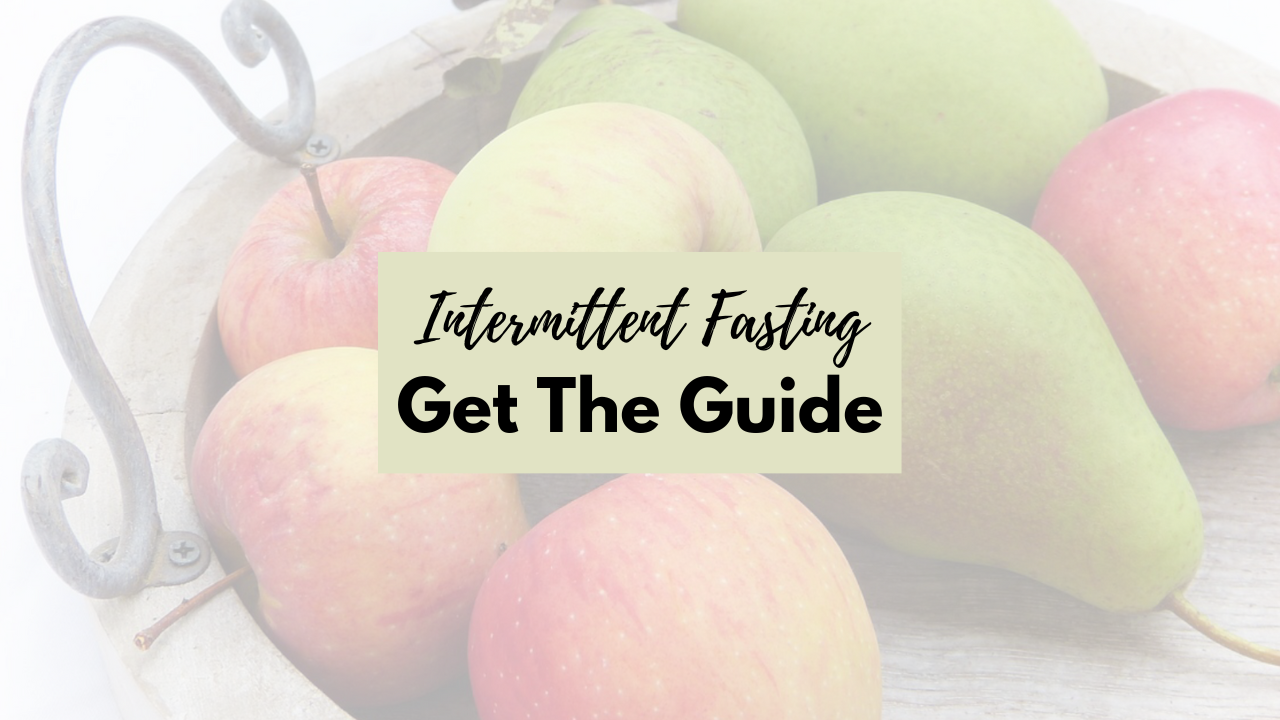Would You Willingly Eat a Credit Card Size Amount of Plastic Weekly? Monthly?
How many plastics do you use or come into contact with on a daily basis? How safe is this for your overall health? Is there a simple, low cost way to reduce the toxins from plastic in our lives?
A confused mind says no that’s why I believe in simplicity. Small, consistent steps can lead to significant changes. Replacing the many plastic containers that fill our lives is one of the easiest, fastest, no cost ways to get started reducing toxins in our every day lives.
Starting with an important point - what does microwave safe really mean? Contrary to popular belief, the "microwave safe" label on plastic containers isn't a get-out-of-jail-free card.
This label has nothing to do with our health. "Microwave-safe" doesn't mean chemicals won't leach from the container into your food, just that the plastic can withstand the heat of a microwave oven without melting.
It's been shared that the average American now ingests as much as a Credit card amount of micro plastics weekly - 5 grams. That amount leans to the extreme for sure, and yet what if it’s just 1/2 of that? Would you intentionally ingest it? And we are all aware of how plastics are polluting oceans, harming wildlife and filling our landfills.
Simple Substitutions: glass is impermeable, won't absorb food odors or stains, ensuring that your leftovers taste fresh for longer.
Simple food jars you buy anyway, such as olives, pickles - anything you buy in glass can easily be cleaned and re-used for food storage in the refrigerator, pantry or freezer.
Or, Investing in a set of glass containers - Costco, Thrift and Second hand stores are a great affordable resource for this.
Stainless Steel - I carry my Yeti everywhere and use it at coffee shops and traveling. I also have a Stanley Stainless Steel container for soups.
Remember - progress over perfection. I’m not a purist 100% of the time. Awareness can create change. Don’t feel like it is all or nothing. Take one small step. Swap out one area of plastic use at a time
Starbucks and other cardboard and plastic cups and lids - filled with microplastics, so like my Yeti, bring your own.
Another area of concern are Tea Bags and coffee pods. Both have plastic and when hot, often boiling water is added - well, you can imagine. Many plastic pods have been found to contain bisphenol F (BPF) and bisphenol S (BPS) — two chemicals known to be endocrine disruptors linked to hormone imbalances, weight gain, inflammation and fertility issues.
Replacing plastic zip lock bags with silicon
Freeze in glass or silicone bags
My guide at LowerToxicLife.com shares these recipes and tips. Be sure you are subscribed for all videos
I am not a scientist or doctor, this is not health or medical advice. I am a researcher, a body/bio hacker and a human. You’ll find my research and sources are at
Want to have a conversation about your health? Take my free assessment and let's book a complimentary call to go over it!
Interested in learning more about my coaching programs and how I might be helpful to you? Let's get on a call and get your questions answered! Book that here!
Want a coach and some accountability? Join me in Intermittent Fasting - the Myths, the Magic and the METHODS
Want the Guide? Click Below!



